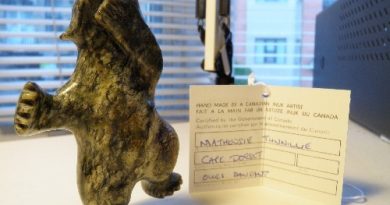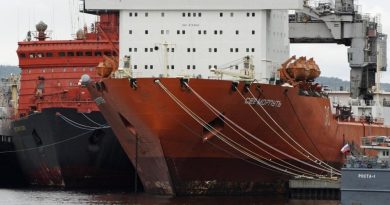Ice decline in Bering Sea could affect carbon export and fish ranges
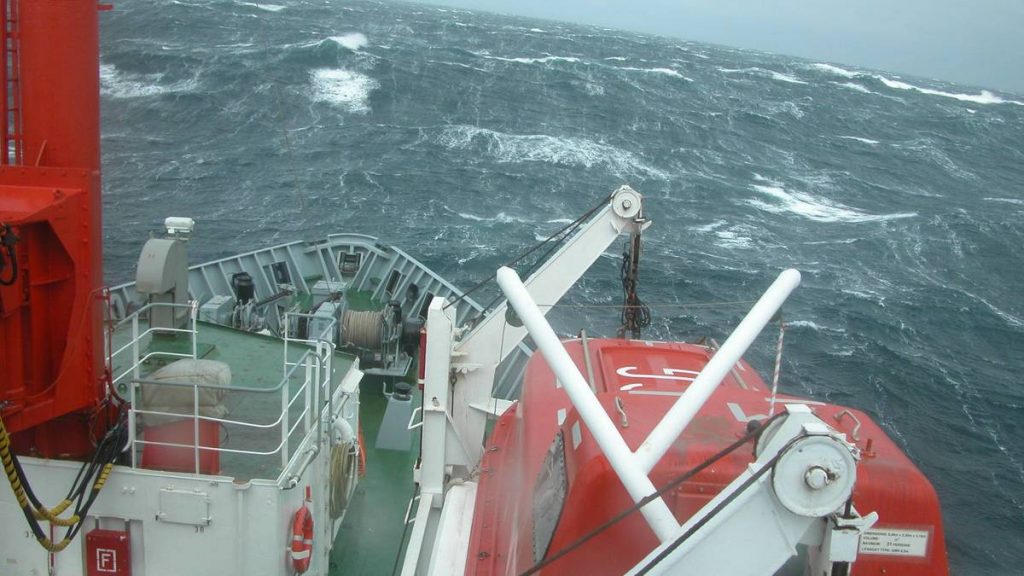
The continued decline of sea ice on the Bering Sea could have implications for everything from carbon export, to the food available to organisms on the ocean floor, to the expansion of fish ranges north, says a recent study.
“Until recently, it was extremely difficult to gauge the long-term effects of low summertime sea-ice cover on marine organisms, as there were no corresponding long-term investigations to draw on,” Ulrike Herzschuh, head of the research group Polar Terrestrial Environmental Systems at the Alfred Wegener Institute, Helmholtz Centre for Polar and Marine Research (AWI) in Potsdam, said in a news release.
To do the study, published in the journal Nature Communications, researchers looked back 20,000 years into the last ice age by surfacing deposits on the ocean floor near the Kamchatka Peninsula and examining the dead marine organisms trapped in the layers. The team used shotgun sequencing, the term used for the laboratory method that allows researchers to determine the DNA of an organism’s genome by breaking up the genome into tiny parts.
In the end, they found 167 families of marine organisms in the ice and open water.
“These sediments are a natural archive of climatic history,” Herzschuh, said. “Even we were surprised to find that these old sediments contained information on the entire ecosystem.”
Changes in fish range during warming
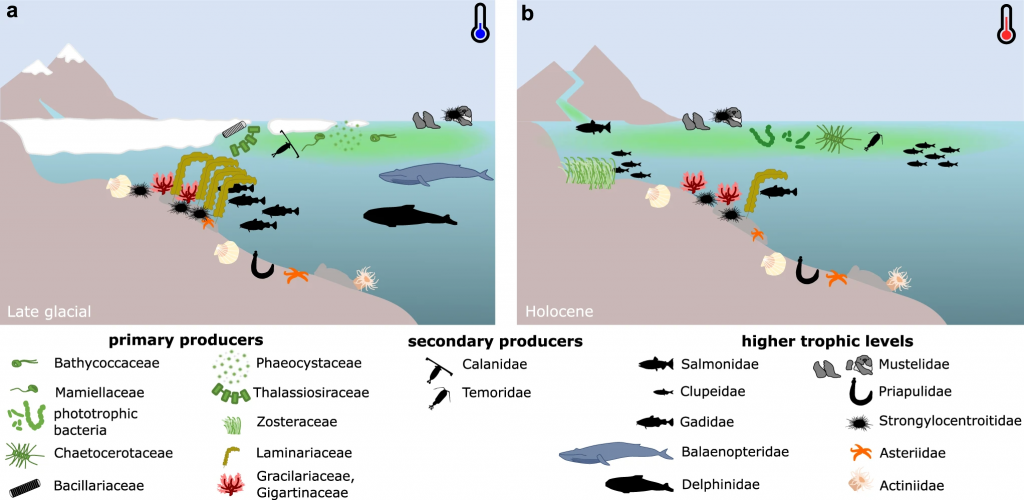
The researchers found tiny algae that produce oxygen were common during the coldest parts of the last ice age.
The organisms were the preferred food for copepods, a tiny shrimp-like crustacean. In turn, fish like Pacific cod, Alaska pollock, and Arctic cod, which are part of the Gadidae family, would then come along and eat the copepods.
In the warmer parts of the past, when the Bering Sea was ice free, there were fewer of that type of algae and copepods, and more blue-green algae and seagrass meadows on the ocean floor. When it came to fish, salmon and Pacific herring were more abundant instead of cod.
“Now we can for the first time show how the loss of sea ice transforms entire ecosystems,” Herzschuh said. “It starts with the algae and extends all the way to fishes and whales.”
Potential impacts on ecosystem and economy
The researchers say the findings illustrate the wide-spread changes ahead for the ecosystem and economic activities in the Arctic as the climate warms, something that could affect everything from the cod fishing industry, to the expansion of salmon and Pacific herring ranges North.
“High abundances of pink salmon have been connected with negative effects on other species, such as increased seabird mortalities, changes in nesting phenology, and a decrease in breeding success due to their competitive advantage over shared prey,” the researchers said in their study.
“In contrast, warmer, ice-free conditions leave pollock and cod at a disadvantage. Their survival depends on the availability of large copepods, which are reduced in warm years, as suggested by our data and modern observations. Our results thus confirm that ecosystem service changes related to future sea-ice loss is of major relevance not only for global climate but also for regional economies.”
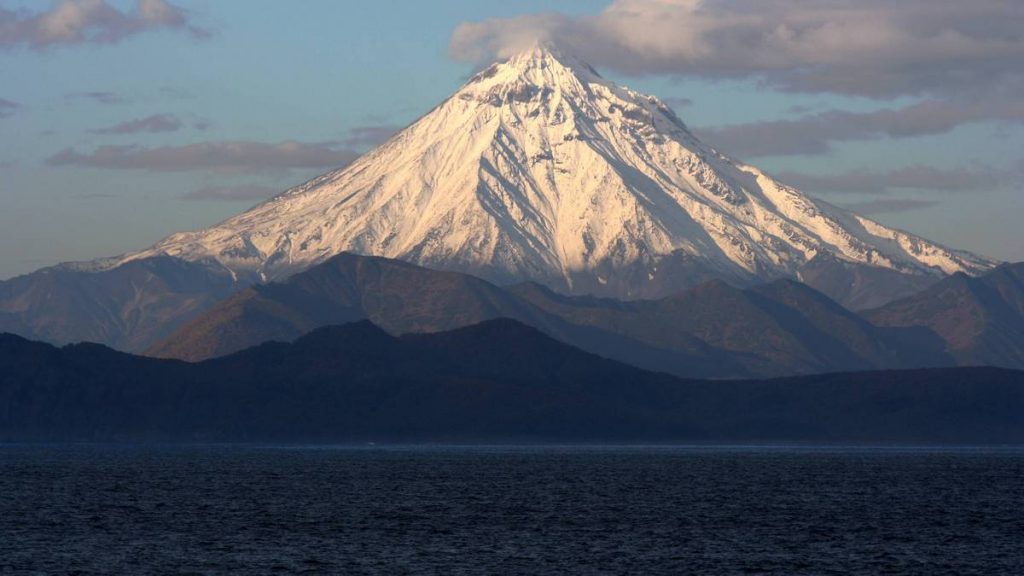
In addition, and ice-free Bering Sea could even contribute to more climate change as the ocean becomes less capable of storing carbon dioxide, once the tiny plants and animals known as plankton are no longer able to carry as much carbon to the bottom of the ocean and deposit it in the sediment, the researchers say.
“Along with changes in ecosystem composition, alterations in ecosystem services can be expected, particularly with respect to carbon sinks and fishing grounds,” the study said.
Write to Eilís Quinn at eilis.quinn(at)cbc.ca
Related stories from around the North:
Canada: Central Arctic Ocean fishing moratorium comes into effect, Eye on the Arctic
Finland: What a Saami-led salmon rewilding project in Arctic Finland can teach us about Indigenous science, Eye on the Arctic
Greenland: Glowing snailfish full of antifreeze proteins found off coast of Greenland, Eye on the Arctic
United States: Alaska’s Bering snow crab, king crab seasons cancelled, The Associated Press

